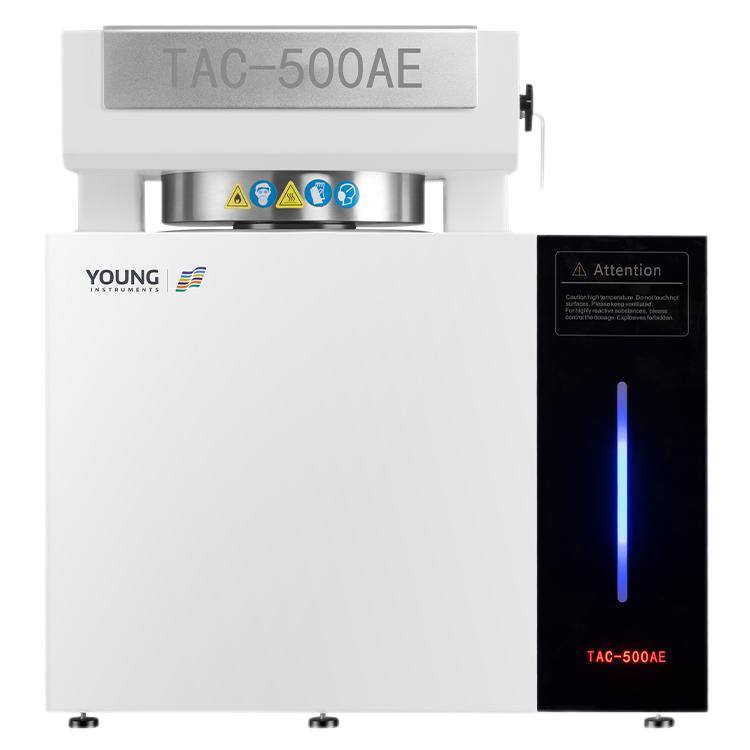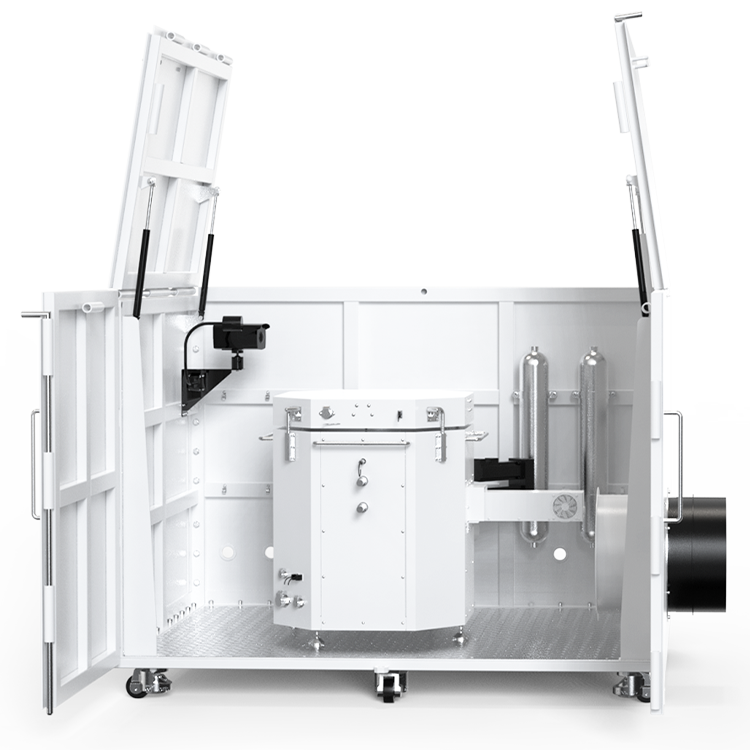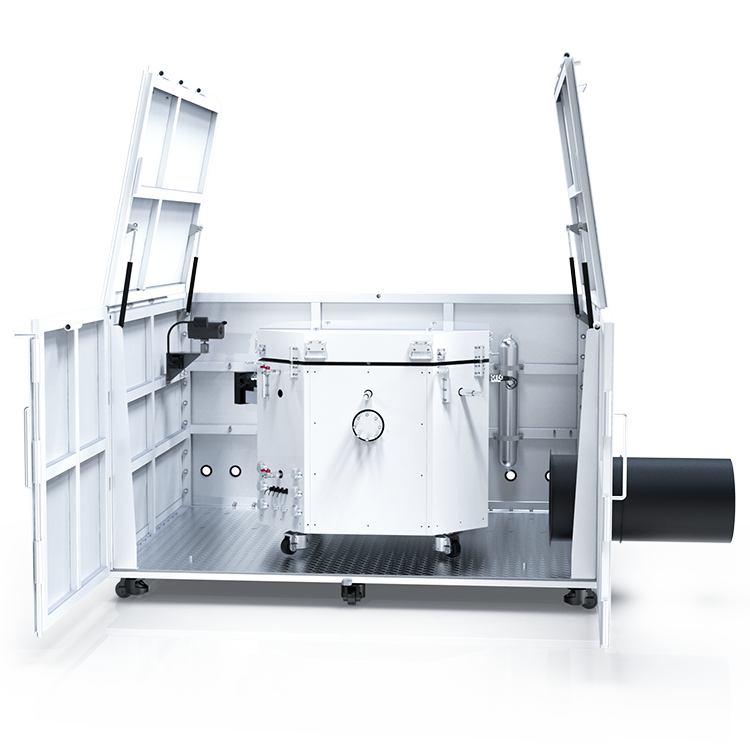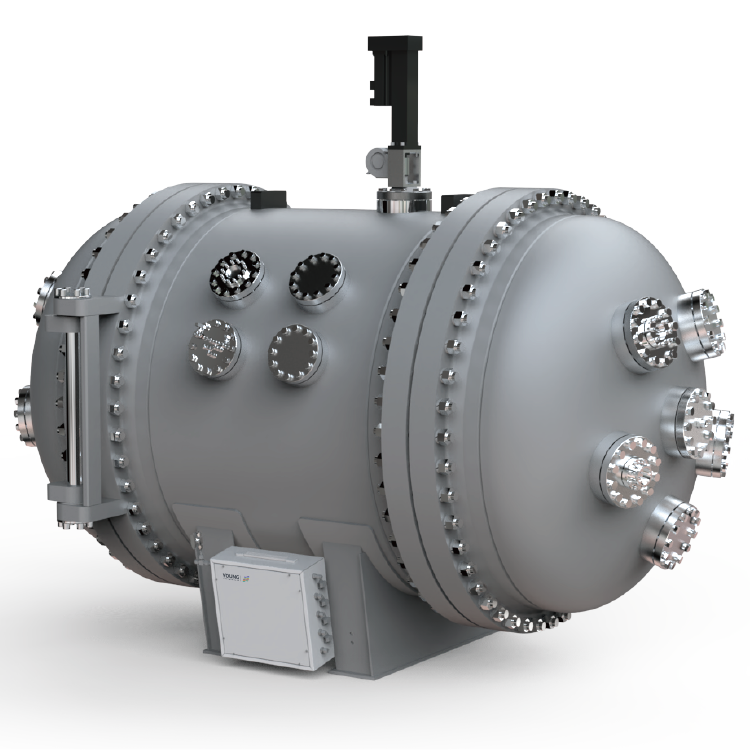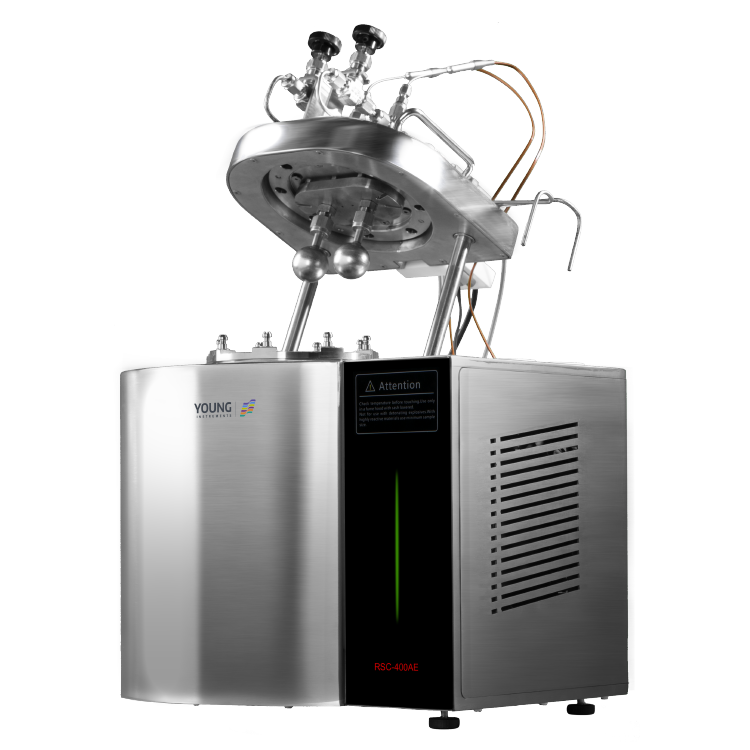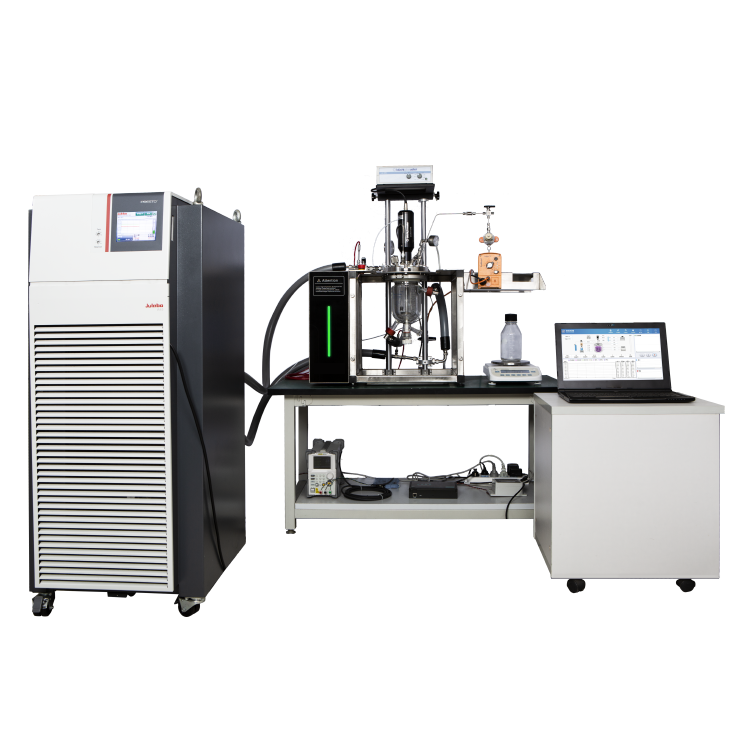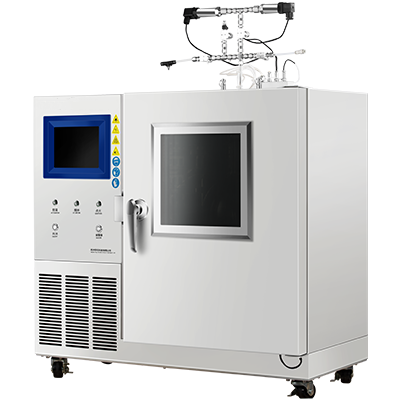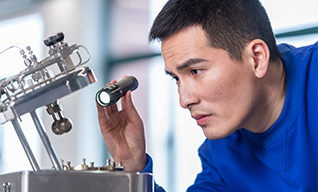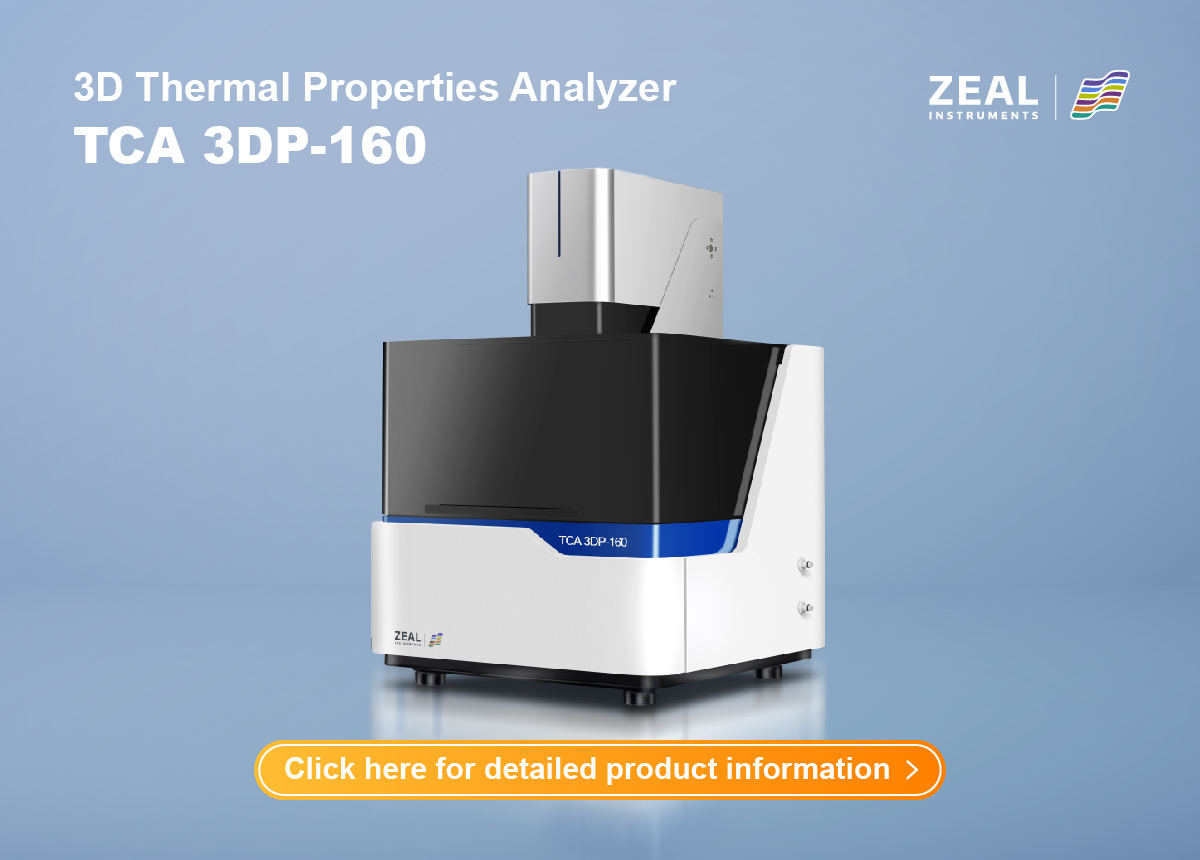Precision Insights: The Battery Thermal Conductivity Meter Explained
Unlock the secrets of the Battery Thermal Conductivity Meter with this simple guide. This data helps improve performance and safety. Essential for research labs and manufacturers, understanding thermal conductivity is crucial for reliable products. This guide explains the meter’s functions, its importance in boosting battery performance, and its impact on industries like renewable energy and electric vehicles. Explore how precise thermal management in batteries shapes the future of sustainable technology. Join us on this journey to better battery performance.
The Importance of Battery Thermal Conductivity Testing
Impact on Battery Performance and Safety
Thermal management and safety are core technologies in battery system integration. The quality of thermal management systems directly impacts battery performance, lifespan, and overall safety. Effective thermal management ensures optimal operating temperatures, preventing overheating and potential failures. Accurate simulation during the design phase helps reduce design time, lower risks, and minimize issues that may arise during testing. Key material properties such as density, specific heat capacity, thermal conductivity, and contact thermal resistance are crucial for precise simulation and effective thermal management.
Importance of Accurate Thermal Conductivity Data
Pouch battery, comprising layers of aluminum-plastic films, positive and negative electrode materials, separators, current collectors, and electrolytes, exhibit complex thermal characteristics. These characteristics are influenced by temperature-dependent composite microstructures. Thermal conductivity is a vital parameter in thermal simulations, directly affecting the battery’s heat dissipation capabilities. Obtaining accurate, temperature-dependent thermal conductivity data within the battery’s operational temperature range is essential. This data enhances the accuracy and effectiveness of thermal management simulations, leading to better-designed systems and improved battery performance.
Product Introduction
Cutting-Edge Technology for Advanced Thermal Analysis
The TCA 3DP-160 is at the forefront of thermal property analysis, leveraging non-contact thermography and dynamic 3D data inversion technologies. This sophisticated approach enables precise evaluation of thermal conductivity and diffusivity in complex samples like lithium batteries. By acquiring rich thermal data and reducing workload, it revolutionizes the efficiency of thermal property characterization. Enhanced by a customizable temperature-controlled sample chamber and shielding hood, the analyzer minimizes external interference, ensuring accurate and reliable thermal measurements.
Versatile Non-Destructive Testing Capability
A standout feature of the TCA 3DP-160 is its non-destructive testing capability, crucial for assessing multi-layer thin-film stacked products without altering their integrity. The analyzer accommodates diverse sample sizes and surface conditions, from homogeneous to heterogeneous specifications, encompassing varying surface hardness, roughness, and porosity. This versatility makes it indispensable across research and industrial sectors, where precise thermal conductivity measurements are essential for optimizing product performance and reliability.
Precision Engineering for Reliable Results
With a commitment to accuracy, the TCA 3DP-160 maintains uniform temperature across six-sided cold plates, utilizing high-precision oil bath temperature control. Its non-contact measurement method includes automatic compensation for surface and support heat dissipation, enhancing result precision. The instrument operates seamlessly with automated experiment initiation and execution, supported by a color graphics display for real-time data visualization and error assessment. Features such as automatic graph generation and historical data retrieval further streamline workflow efficiency, making it a cornerstone in advanced thermal analysis.
Robust Specifications for Varied Applications
The TCA 3DP-160 sets a benchmark with its comprehensive specifications tailored to diverse testing requirements. It measures thermal conductivity from 0.2W/(m-K) to 5W/(m-K) longitudinally and 5W/(m-K) to 100W/(m-K) transversely, while covering thermal diffusivity ranges of 0.1 mm²/s to 2 mm²/s and 2 mm²/s to 50 mm²/s, respectively. The analyzer accommodates sample sizes up to 400mm×250mm transversely and 3mm to 20mm longitudinally, delivering rapid test results with high repeatability (less than 3%). With a temperature range of 0 to 60℃, stability of 0.03℃, and accuracy of 0.1℃, it meets the stringent demands of modern thermal analysis across industries.
More Recommendations for Lithium Battery Testing Equipment
Dual-state Thermal Parameter Tester TCA 2SC-080
- Cutting-Edge Technology for Precise Measurements
The Dual-state Thermal Parameter Tester TCA 2SC-080 utilizes advanced infrared thermography and 3D heat transfer model inversion analysis. This state-of-the-art technology excels in assessing heterogeneous core-shell structured samples, such as hard-shell lithium battery cells. It enables direct, non-destructive testing of thermal conductivity and internal thermal resistance, ensuring accurate measurements without compromising sample integrity.
- Versatility and Accuracy
Engineered to accommodate diverse sample sizes with minimal surface flatness requirements, the TCA 2SC-080 automatically adjusts experimental parameters based on sample characteristics. It accurately measures core transverse, longitudinal thermal conductivity, and overall equivalent thermal conductivity for both homogeneous and heterogeneous samples. This flexibility makes it indispensable for a wide range of research and industrial applications.
- Detailed Specifications and User-Friendly Operation
Equipped to simulate real-world thermal conditions during battery charging and discharging, this tester offers adjustable sample cold plate temperature and flow rate settings. With precise temperature control ranging from 0 to 80℃, stability of 0.03℃, and accuracy of 0.1℃, the TCA 2SC-080 ensures reliable performance. Its intuitive operation, automated test initiation, and uniform temperature management streamline testing procedures, enhancing efficiency and usability.
Large Battery Adiabatic Calorimeter BAC-420AE
- Core Parameters and Testing Capabilities
The Large Battery Adiabatic Calorimeter BAC-420AE is designed to test essential parameters of lithium batteries. It measures critical aspects such as self-heating onset temperature, thermal runaway onset temperature, maximum thermal runaway temperature, maximum temperature rise rate, and venting temperature. By integrating thermal, electrical, and mechanical abuse methods, along with visible/infrared imaging and gas collection, the calorimeter provides comprehensive data on battery behavior under stress.
- Simulation and Data Acquisition
This device simulates an ideal adiabatic environment, enabling precise measurement of thermal behavior parameters, including thermal runaway onset temperature and maximum rate of temperature rise. It supports simultaneous data acquisition of battery voltage, current, temperature, and pressure, which is crucial for analyzing thermal runaway. The integrated battery charging and discharging module allows for mode switching, constant current/constant voltage settings, and real-time capacity calculations, enhancing the accuracy and reliability of the tests.
- Compliance and Specifications
The BAC-420AE adheres to various industry standards, such as GB/T 36276-2023, UL 9540A, and ASTM E198198(2012), ensuring its results are recognized globally. The adiabatic furnace has a diameter of 420mm and a depth of 520mm, with a self-exothermic detection sensitivity better than 0.02°C/min. It maintains a temperature difference between the furnace and sample within 0.5°C and offers a temperature control range from room temperature to 300°C. With a pressure range of 0 to 2MPa and overcurrent capability from -500A to 500A, the BAC-420AE is well-equipped for comprehensive battery testing.
Differential Scanning Calorimeter DSC-40AE
- Advanced Heat Flow Technology
The Differential Scanning Calorimeter DSC-40AE is designed using tower-type heat flow technology to maximize instrument resolution and sensitivity. Its silver furnace body enhances heat transfer efficiency and reduces cross-interference between the reference and sample. Specialized algorithms precisely modulate temperature and heat flow signals, ensuring accurate measurement of specific heat capacity, exothermic reactions, and more. The device supports both ramp and isothermal temperature control modes, providing flexibility for various thermal analysis needs.
- Comprehensive Measurement Capabilities
The DSC-40AE can measure a wide range of parameters, including DSC Onset Point, Start Set Point, Endset Point, baseline, heat flow peak, glass transition temperature, peak area, enthalpy of absorption/release, peak temperature, extrapolated onset temperature, and specific heat. With a data acquisition rate of 50Hz, the device significantly improves sensitivity and resolution. The nickel-chromium substrate enhances high-temperature oxidation resistance, sensitivity, and dynamic response, ensuring reliable and precise measurements.
- User-Friendly Operation and Compliance
Optimized for ease of use, the DSC-40AE features a high-definition touchscreen for intuitive operation. Its structural design ensures reliable baseline stability and an improved signal-to-noise ratio. The device complies with various standards, including GB/T 22232, GB/T 28724, GB/T 28723, GB/T 19466.2, ASTM E2253, ASTM E793, and ASTM E1269. Operating in environments from 5°C to 40°C with less than 85% RH, it offers a temperature control range from room temperature to 600°C. With precise control over the heating scan rate and exceptional reproducibility and accuracy in phase transition temperature and enthalpy measurements, the DSC-40AE is a robust tool for thermal analysis.
Summary
The Battery Thermal Conductivity Meter delivers precise measurements essential for accurate thermal management simulations. By evaluating heat transfer within battery materials, this tool improves battery design and lifespan, crucially in applications such as electric vehicles and renewable energy storage. As battery technology evolves, devices like the Battery Thermal Conductivity Meter drive innovation, maintaining rigorous standards of safety and efficiency. This guide underscores the meter’s functionalities, its industry significance, and its role in shaping future technological advancements.








